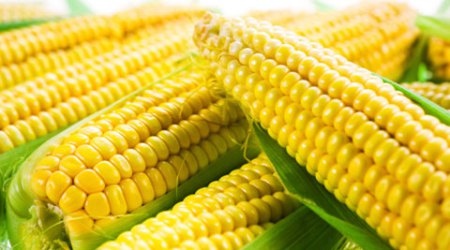There is nothing like sinking your teeth in a crisp cob of sweet corn. But few myths keep people away from the vegetable and it is time to know the truth.
Here are some of the biggest misconceptions surrounding sweet corn (only in the form of a vegetable):
- Corn is unhealthy – No! Corn is a vegetable that contains a lot of nutrients. The idea that corn is unhealthy likely came about because corn is high in starch.
- Your body cannot digest corn – While it’s true that corn has high amounts of insoluble fiber but this is not at all a bad thing. Insoluble fiber has been shown in research to help feed the “good” bacteria in our gut.
- Corn isn’t a good source of nutrients – Corn contains a certain amount of vitamin B and C, as well as magnesium and potassium. Yellow corn is also a good source of antioxidants, which are good for eyes.
- You shouldn’t eat corn because it’s really high in sugar – You don’t stop having bananas just because you think they’re high in sugar. Then why should you do the same for corn? A cob of corn has around 6 to 8 grams of sugar, while a banana has about 15.
Source: Hidustan times



